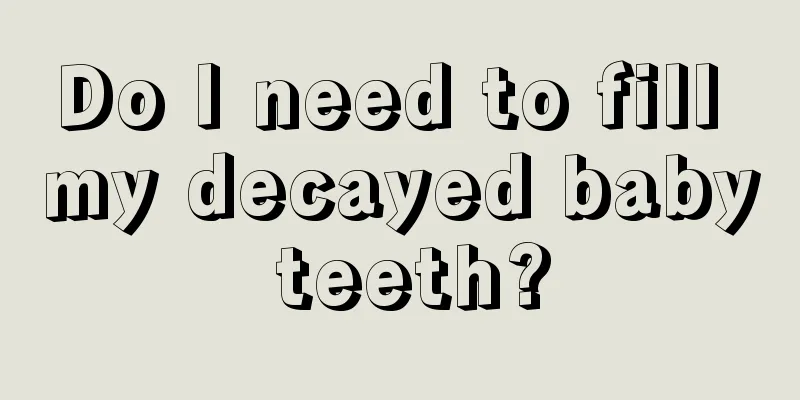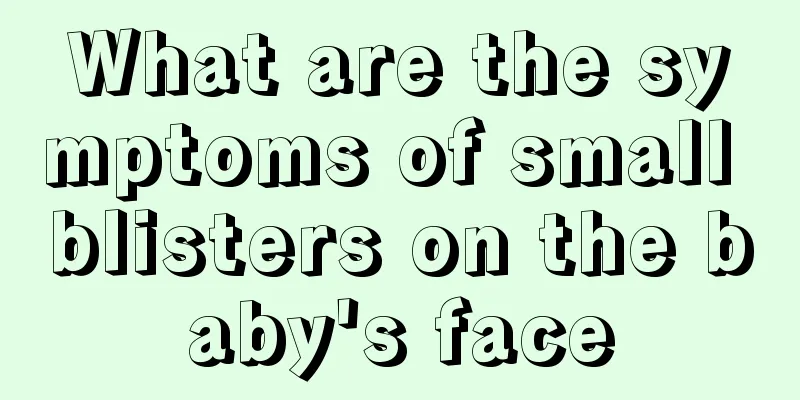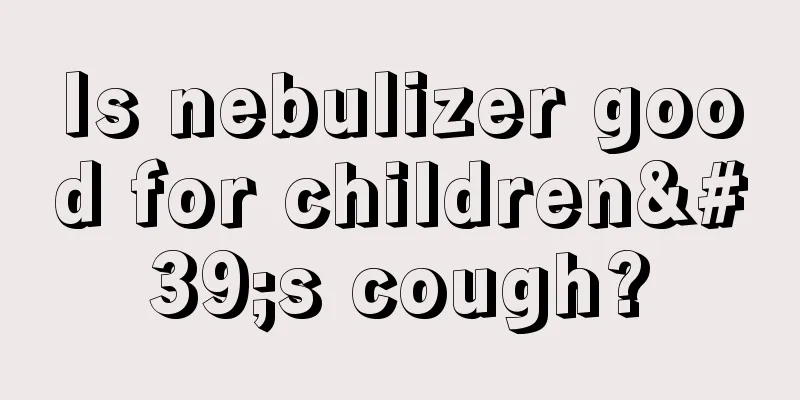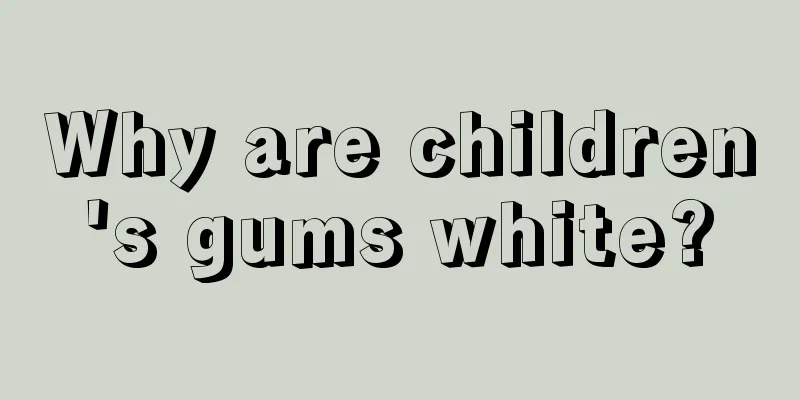Do I need to fill my decayed baby teeth?

|
Primary teeth are the teeth that children have before their new teeth are replaced. The resistance of deciduous teeth is relatively low. If children do not have an adequate diet and often eat sweets, they will develop tooth decay. Since baby teeth are replaced at a certain age, many parents do not know whether baby teeth that have become cavities need to be filled. In fact, if deciduous teeth are decayed, they need to be filled in time. The reasons are introduced below! 1. Be cautious when extracting deciduous teeth before the tooth replacement period In fact, whether deciduous teeth should be extracted or filled when they are decayed is a question that depends on age factors: generally, deciduous teeth that have not yet reached the stage of shedding must be treated. Tooth extraction will affect the child's eating and indirectly affect nutrient absorption, leading to developmental delay in the child. 2. If the deciduous teeth are decayed, they should be filled in time Dental caries in deciduous teeth is not just painful. If timely measures are not taken to treat it, it will be very harmful to the baby. Because if the deciduous teeth are decayed, it will cause periodontitis or pulpitis, infect the permanent tooth germs, cause the incomplete development of the permanent tooth enamel, and affect the eruption of the baby's permanent teeth. If the deciduous teeth fall out prematurely, the permanent teeth that grow next to them will take their place, and the permanent teeth that should have grown under the deciduous teeth will be "homeless". A struggle will occur, and the teeth will become misplaced and uneven, affecting their appearance. Moreover, the cavities in deciduous teeth will cause pain to the baby when eating, affecting the baby's eating and further affecting the baby's development. Because of the pain, the baby will get used to chewing with the teeth on the other side, which will cause the baby's jaw to develop asymmetrically. 3. How to protect teeth during tooth replacement period Nowadays, many children have orthodontic treatments. Some bad habits during the period of tooth replacement may lead to malocclusion in the future. It should be noted that, especially the thumb sucking habit, thumb sucking is a behavior that infants and young children first learn as a neural reflex. If it continues after the age of 4-6, it is a bad habit and can lead to obvious uneven teeth. For example, when sucking the thumb, placing the thumb between the erupting upper and lower front teeth will affect the normal eruption of the front teeth and make it impossible for the front teeth to bite. In addition to thumb sucking, there are also licking teeth, biting pencils, biting lips, unilateral chewing, etc. Children should pay special attention to correcting these bad habits during the teeth replacement period to prevent future malocclusion of teeth. |
<<: Deciduous teeth and incisors caries
>>: Do all children's baby teeth need to be replaced?
Recommend
What's wrong with my child's cold hands, dizziness and chest tightness?
Children's physical development is very fast,...
What are the symptoms of leukemia in children?
Leukemia is still a very difficult disease to cur...
What to do if your child has phlegm in his throat
Whenever the seasons change, the temperature is u...
What should I do if my child has a short foreskin?
There is a wrinkle under the male penis that conn...
How many months does the baby start to see things?
How many months does it take for a baby to be abl...
Baby's lower eyelid is dark
Babies are a group of people with special physica...
Can boys eat bird's nest?
Bird's nest is a daily food that is both beau...
What time is best for children to go to bed at night?
Nowadays, many young parents are prone to late sl...
Do children have fever when teething?
Everyone goes through the process of tooth growth...
What should I do if my one-year-old child has diarrhea?
If a child has diarrhea, he or she must go to the...
Baby's hair on the back of the head is worn off
When a baby is just born, he or she has hair, alt...
The child got a swelling after getting BCG
Many doctors recommend that children be given the...
Can children eat bananas when they have a cough?
Since children have relatively low immunity, they...
What are the dangers of anesthesia for children?
After children are given anesthesia, their brains...
What causes dandruff in babies?
It is well known that adults have an overly activ...









